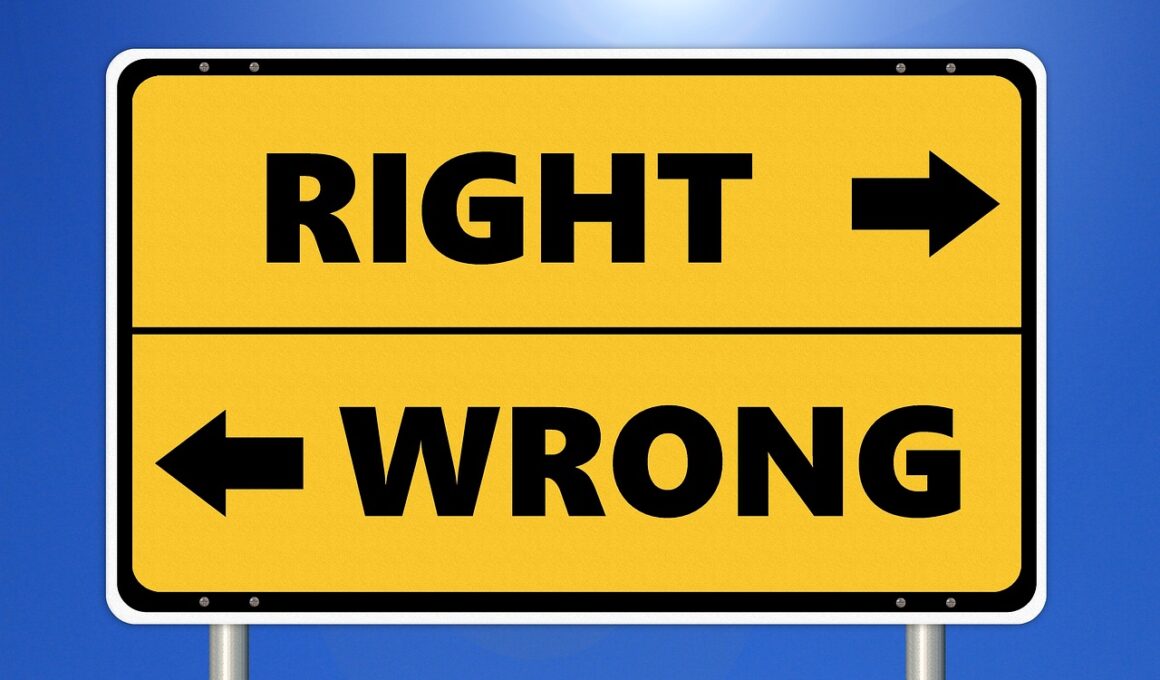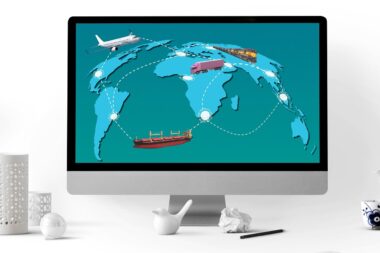The Role of Transparency in Ethical Sourcing of Conflict Minerals
Ethical sourcing of conflict minerals plays a crucial role in promoting fair trade practices and sustainable development in communities affected by mining activities. Transparency in the supply chain is essential for ensuring that businesses do not inadvertently support human rights abuses or environmental degradation. As consumers become more aware of their purchasing power, companies are driven to adopt transparent sourcing methods to build trust and credibility with stakeholders. Transparency allows organizations to share information regarding their sourcing practices, making it easier for consumers to understand the origin of products. Without transparency, it becomes challenging to trace where minerals come from and whether they are obtained ethically. The use of certifications or audits can strengthen transparency efforts. Companies that prioritize ethical sourcing must ensure their suppliers adhere to guidelines that uphold ethical standards. Notably, organizations can use technology, such as blockchain, to create immutable records of sourcing activities, enhancing traceability. Through these efforts, businesses can mitigate risks associated with conflict minerals while promoting ethical practices, thereby fostering a more just supply chain. Ultimately, this transparency builds consumer confidence in products and brands.
In recent years, the demand for conflict minerals, particularly in electronics, has escalated significantly, raising ethical concerns in sourcing practices. These minerals, which include tantalum, tin, tungsten, and gold, often originate from regions plagued by conflict and human rights violations. To counter these issues, companies must commit to improving transparency in their sourcing processes. One effective approach is to conduct regular audits of the supply chain to assess compliance with ethical standards. By ensuring suppliers are vetted and aligned with human rights principles, companies can reduce the likelihood of inadvertently supporting violence or exploitation. Moreover, organizations can implement traceability systems to track the origin of conflict minerals, providing consumers with clear information about their products. Educating consumers about the importance of ethical sourcing encourages them to make informed purchasing decisions. Collaborating with NGOs and local communities can further enhance transparency in supply chains. This collaboration can provide companies with insights into local conditions and risks associated with mineral sourcing. The positive impact on communities can reflect favorably on businesses, improving their reputation and fostering a sense of responsibility within the industry.
Regulatory Frameworks and Their Impact on Transparency
Regulatory frameworks play a significant role in shaping transparency in the sourcing of conflict minerals. Governments and international bodies have established guidelines that require companies to disclose sourcing practices and the origin of minerals used in their products. Key regulations, such as the Dodd-Frank Act in the United States, mandate that public companies report on the use of conflict minerals in their products. Compliance with such regulations forces businesses to scrutinize their supply chains actively. Furthermore, organizations that fail to adhere to these regulations may face financial penalties and damage to their reputation, prompting them to prioritize ethical sourcing. The implementation of these regulations has encouraged companies to adopt best practices, such as developing responsible sourcing policies and collaborating with industry initiatives aiming to improve transparency. Consequently, consumers are more likely to support brands that demonstrate a commitment to ethical practices. Additionally, enhanced transparency can lead to better supplier relationships, as suppliers understand the importance of adhering to ethical standards. Overall, regulatory frameworks not only protect human rights and the environment but also empower consumers to make more informed choices.
Technology has emerged as a critical tool in enhancing transparency in the sourcing of conflict minerals. Leveraging advancements in technology enables businesses to implement solutions that streamline supply chain monitoring and reporting. For instance, blockchain technology offers a decentralized and tamper-proof method of documenting the origins and transactions of minerals. This technology can verify that minerals are sourced ethically and can also create an immutable record that consumers can access. Furthermore, the use of digital platforms for real-time data sharing enhances transparency between suppliers and businesses. Companies can track the movement of minerals from their source all the way to finished products, ensuring ethical compliance at each step. This level of traceability not only builds consumer trust but also allows companies to respond more effectively to any issues that arise within the supply chain. Introducing technology-driven solutions fosters a culture of accountability among suppliers. Training programs that educate workers about their rights and responsible sourcing practices can also be integrated into the technological framework. By investing in technological solutions, businesses can significantly bolster their transparency efforts and contribute to a more ethical industry.
Consumer Awareness and Its Influence on Ethical Sourcing
Increasing consumer awareness has become a powerful catalyst for change regarding the ethical sourcing of conflict minerals. As consumers become more informed about the implications of their purchasing choices, they demand greater transparency from brands. This heightened awareness encourages companies to adopt responsible practices that prioritize the ethical sourcing of materials. The rise of social media platforms has also amplified consumer voices, making it easier for them to advocate for corporate responsibility and engage in discussions surrounding conflict minerals. Businesses are responding by integrating communication strategies that emphasize their commitment to ethical sourcing. Companies often showcase their efforts through corporate social responsibility (CSR) reports and marketing campaigns that highlight transparency. Such initiatives not only build brand loyalty but also encourage other organizations to follow suit in fostering ethical practices. In addition, consumer-led movements and partnerships with non-profit organizations have further increased pressure on businesses to address ethical sourcing in their operations. Ultimately, informed and engaged consumers can create significant demand for transparency, pushing companies towards greater accountability and responsible sourcing practices.
Monitoring and evaluating supply chains is crucial to ensure ethical sourcing of conflict minerals. The complexity and global nature of these supply chains can obscure the origins of materials. Therefore, it is essential for companies to implement rigorous monitoring mechanisms to track the ethicality of their sourcing practices. Regular assessments and third-party audits can identify potential risks and challenges in the supply chain, allowing businesses to rectify issues proactively. Establishing robust feedback mechanisms enables stakeholders to share concerns and insights, fostering a collaborative effort toward improving transparency. Companies should also engage in continuous training and development to increase awareness and understanding of ethical sourcing among employees. By investing in education, organizations empower their staff to recognize the importance of ethical practices and their impact on the business’s reputation. Moreover, collaboration with other companies facing similar challenges can lead to collective solutions that enhance supply chain transparency. Ultimately, fostering a culture of ethical sourcing requires ongoing commitment and vigilance. Businesses must prioritize these efforts consistently to ensure that their sourcing practices align with their values and the expectations of consumers.
Future Directions for Ethical Sourcing
The future of ethical sourcing for conflict minerals depends on continuous innovation, collaboration, and dedication to transparency. As the industry evolves, companies must remain agile in adapting to new regulations and consumer expectations. Collaborative platforms that bring together various stakeholders, from NGOs to government agencies, can foster a shared commitment to ethical sourcing. These partnerships can facilitate the sharing of best practices and innovative solutions for promoting transparency. Additionally, businesses must focus on enhancing traceability through technology while being proactive in addressing customer concerns. Regularly updating stakeholders about sourcing practices can help build trust and accountability. Expanding the definition of ethical sourcing to encompass broader social and environmental considerations is also crucial. Businesses should evaluate the life cycle of products, exploring the impact of production processes on ecosystems and communities. Engaging consumers in the dialogue surrounding ethical sourcing can further bolster transparency, encouraging them to support brands that prioritize responsible practices. Inevitably, a shift towards sustainability will likely shape the industry’s trajectory, influencing sourcing methods and customer preferences alike. In this evolving landscape, commitment to transparency will be paramount.
In summary, transparency is a cornerstone of ethical sourcing for conflict minerals, driving positive change within industries. Companies face increasing pressure from consumers, regulations, and public scrutiny to ensure responsible sourcing practices. By prioritizing transparency, businesses can mitigate risks associated with conflict minerals while promoting their commitment to ethical practices. Through the adoption of advanced technologies, collaborative efforts, and consumer advocacy, organizations can improve the traceability of materials and guarantee that they are obtained without human rights violations. Education and awareness are vital in fostering a culture of ethical sourcing, as informed consumers have the power to influence corporate behavior. Additionally, regulatory frameworks serve as significant motivators for businesses to uphold ethical standards. The path ahead for ethical sourcing requires ongoing dedication and collaboration. Companies that embrace transparency not only contribute to a more equitable industry but also align with shifting consumer values. Ultimately, the integration of transparency into sourcing practices fosters trust, builds brand loyalty, and cultivates a sense of responsibility within the supply chain. As industries continue to navigate the challenges posed by conflict minerals, transparency will be a critical factor in achieving success.





